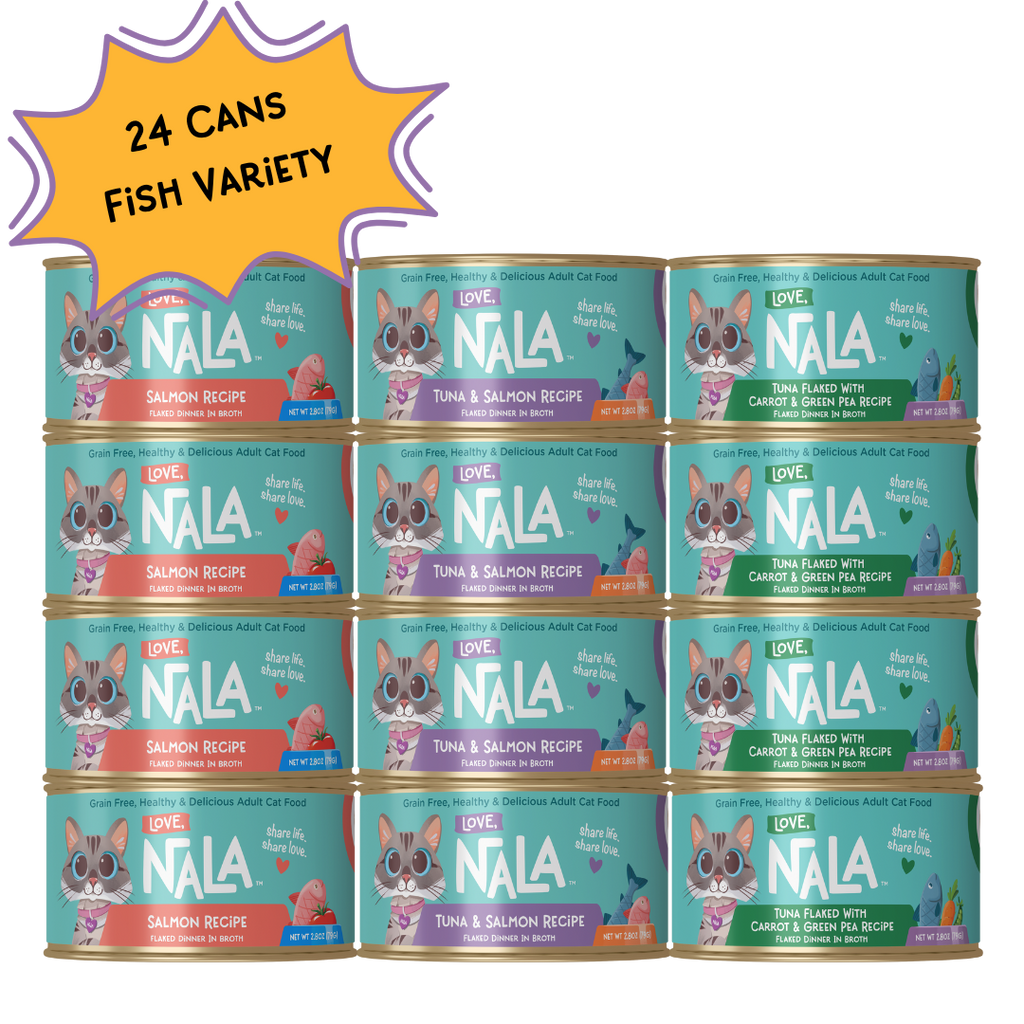Cats have sensitive stomachs and can experience digestive issues such as diarrhea. While occasional tummy troubles may not be a cause for alarm, persistent issues require medical attention and quick intervention. Proper care and management can help your cat recover quickly and stay healthy.
Common Causes of Diarrhea
-
Sudden changes in diet
-
Food allergies or intolerances
-
Parasites
-
Stress or anxiety
-
Underlying medical conditions
-
Ingestion of toxins or spoiled food
-
Viruses
-
Bacterial overgrowth in the digestive tract
-
Antibiotics
Diarrhea Symptoms
-
Frequent loose or watery stool
-
Increased urgency to use the litter box
-
Accidents outside the litter box
-
Lethargy
-
Dehydration
-
Mucus or blood in the stool
-
Worms in the stool
-
Straining to defecate
-
Nausea or vomiting
-
Loss of appetite
-
Abdominal pain
-
Weight loss
How Your Veterinarian Determines the Cause
Diarrhea that lasts more than a day or two or diarrhea accompanied by a significant change in behavior or other worrisome symptoms requires a vet visit.
Vets may use the following to determine the cause:
-
A physical exam
-
Bloodwork
-
Fecal sample
-
X-rays
-
Medication
-
Food trials
Diarrhea Treatment at Home
Nutrition
Nutrition plays a significant role in a healthy cat stool. Poor nutrition may lead to chronic diarrhea. High-quality food that is high in protein and low in carbs is ideal for cats. Too much kibble can cause diarrhea since it is high in carbohydrates and cats’ bodies are not great at processing carbs. High levels of carbohydrates can lead to an overgrowth of certain types of gut bacteria as well, which may cause inflammation and diarrhea.
Since cats are obligate carnivores, they thrive on protein. Their bodies are able to break down and use the majority of animal-protein heavy meals, creating little waste and just small, solid, healthy poops.
Diet
Depending on what is causing your cat’s diarrhea, your veterinarian may recommend a therapeutic cat food that is specially formulated for cats with sensitive stomachs or digestive issues.
Food intolerance or food hypersensitivity, the body’s inability to digest a particular food properly, is another common cause of diarrhea. A newly introduced food may cause diarrhea if your cat can’t digest one or more of its ingredients. Hydrolyzed protein foods or novel protein foods (rabbit, beef, bison, etc) are commonly recommended for these cats.
Cats have sensitive stomachs and an abrupt diet change can cause diarrhea. When you transition your cat from one food to another, it’s best to switch them gradually from the old food to the new food over a period of 7–10 days to allow their bodies plenty of time to get used to their new diet. When choosing a food for your cat, opt for high-quality, highly-digestible ingredients and foods that are protein-heavy and low in carbohydrates.
Increased Fiber
Fiber supplements like psyllium or pumpkin can be added to your cat’s food to improve diarrhea. They work by absorbing excess water in the intestines and feeding good bacteria.
Increased Water Intake
Cats with diarrhea need to increase their water intake to prevent dehydration. Cats don’t typically like drinking water, so the best way to increase their water consumption and keep them properly hydrated is by feeding them wet food rather than kibble.
You can also encourage your cat to drink more water by adding more water bowls around your house, adding ice cubes to their bowls for them to play with, or introducing pet fountains since some cats prefer moving water to still water.
Prebiotics and ProbioticsDiarrhea is often a sign that the gut microbiome is out of balance. Healthy bacteria within a cat’s intestinal tract are necessary for normal digestion. Prebiotic and probiotic supplements, like Fortiflora, added to their food can help to improve microbial balance and stimulate the growth of beneficial bacteria in the gut.
A Clean Litter Box
Ensure that your cat always has access to a clean litter box or two so that they feel comfortable to use them. If your cat is having diarrhea, it’s extra important to clean the box frequently to prevent the spread of germs, particularly in multi-cat households.
By following these tips, hopefully your cat will be feeling better fast. Feeding them a high-quality, high-protein diet; adding supplements, prebiotics or probiotics as needed; making sure they stay hydrated; and keeping their litter box clean will help prevent future bouts of diarrhea and keep them happy and healthy for years to come.
Love, Nala




















